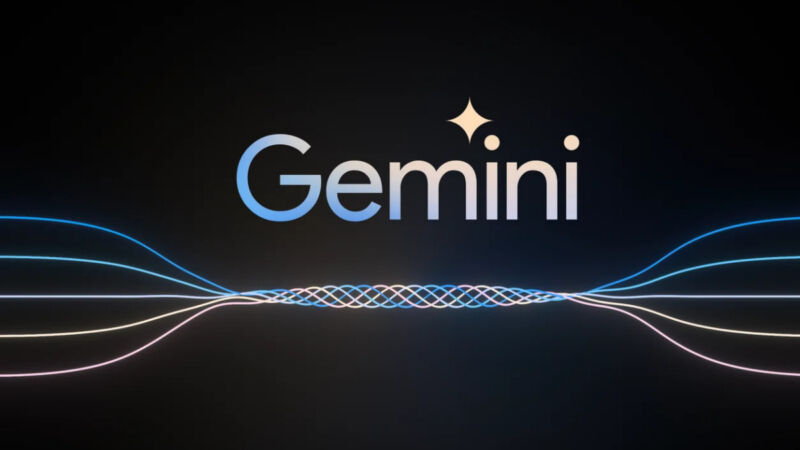Enlarge / The Google Gemini logo. (credit: Google)
In early March, Google made the odd announcement that only one of its two latest smartphones, the Pixel 8 and Pixel 8 Pro, would be able to run its latest AI model, called “Google Gemini.” Despite having very similar specs, the smaller Pixel 8 wouldn’t get the new AI model, with the company citing mysterious “hardware limitations” as the reason. It was a strange statement considering the fact that Google designed and marketed the Pixel 8 to be AI-centric and then designed a smartphone-centric AI model called “Gemini Nano” yet still couldn’t make the two work together.
A few weeks later, Google is backtracking somewhat. The company announced on the Pixel Phone Help forum that the smaller Pixel 8 actually will get Gemini Nano in the next big quarterly Android release, which should happen in June. There’s a catch, though—while the Pixel 8 Pro will get Gemini Nano as a user-facing feature, on the Pixel 8, it’s only being released “as a developer option.” That means you’ll be able to turn it on only via the hidden Developer Options menu in the settings, and most people will miss out on it.
Google’s Seang Chau, VP of devices and services software, explained the decision on the company’s in-house “Made by Google” podcast. “The Pixel 8 Pro, having 12GB of RAM, was a perfect place for us to put [Gemini Nano] on the device and see what we could do,” Chau said. “When we looked at the Pixel 8 as an example, the Pixel 8 has 4GB less memory, and it wasn’t as easy of a call to just say, ‘all right, we’re going to enable it on Pixel 8 as well.'” According to Chau, Google’s trepidation is because the company doesn’t want to “degrade the experience” on the smaller Pixel 8, which only has 8GB of RAM.
Read 5 remaining paragraphs | Comments

